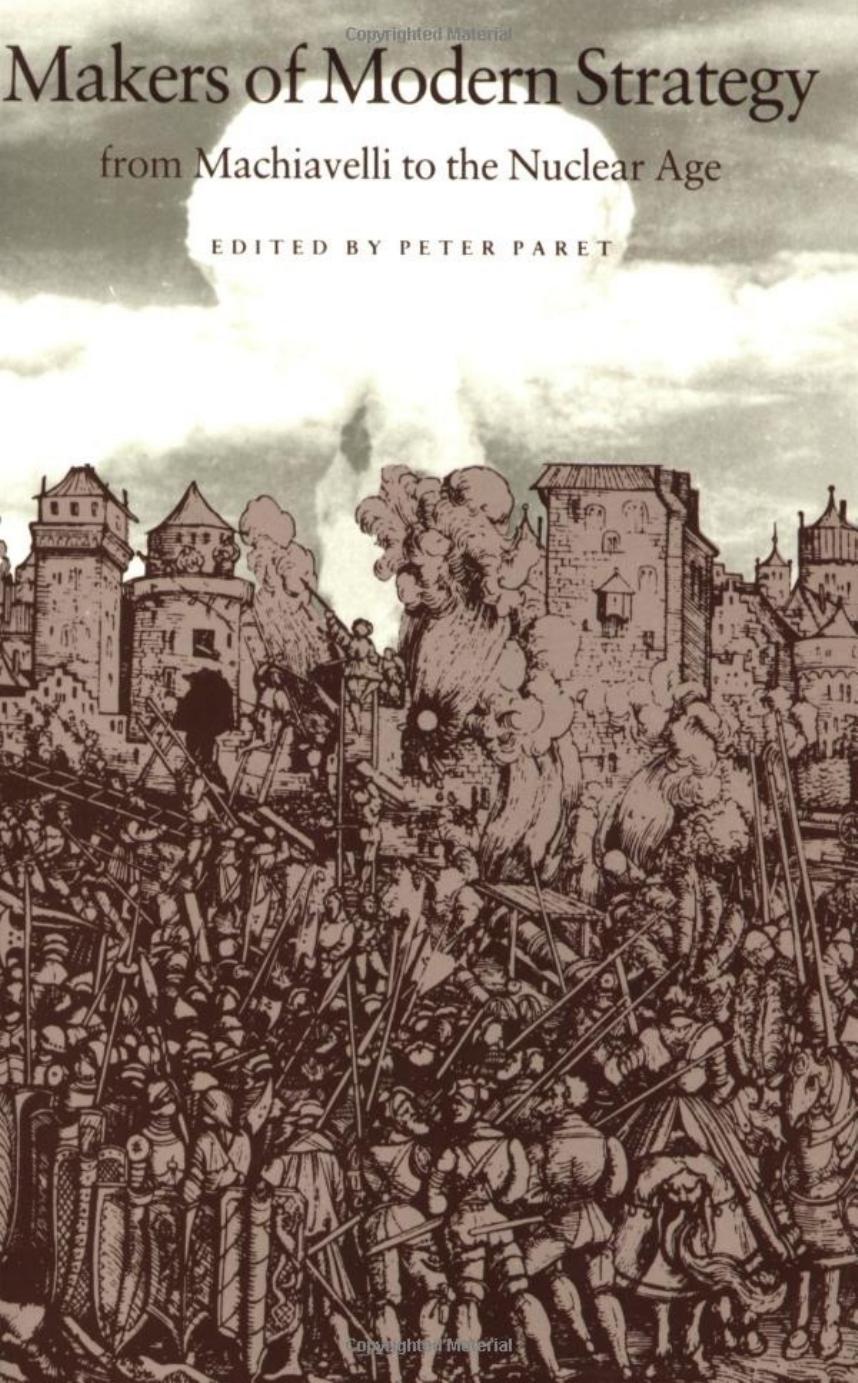Makers of Modern Strategy from Machiavelli to the Nuclear Age by Peter Paret

Author:Peter Paret
Language: eng
Format: epub, pdf
Publisher: Princeton University Press
I
The case of Germany's first chancellor in the Great War, Theobald von Bethmann Hollweg, may serve as an extreme but by no means unique illustration of the difficulties that confronted the political leaders of all belligerent states in 1914. As soon as hostilities commenced, he found himself in a situation in which nearly all the political parties, the business community, a high proportion of the university professoriate, the bulk of the middle class, and significant portions of the working class were desirous of the most ambitious kind of territorial expansion and were sure that the war would make this possible. Simultaneously, he had to deal with a military establishment that had greater freedom from political control and a higher degree of public veneration than any similar body in the world.
Judged from the standpoint of intelligence and administrative talent, Bethmann was certainly the best of Bismarck's successors, but he was also, as Gerhard Ritter has pointed out, “an intellectual who lacked a wholly secure instinct for power,…who did not enjoy possessing it, and who [held on to office, only because he] regarded this as an iron responsibility in the service of the national state and the traditions of the Prussian-German monarchy.”4 He was not a fighter, the kind of robust man of will who follows his own objectives without scruple or distraction. His natural diffidence disarmed him when he was opposed by arrogance and self-confidence, and in moments of crisis he was apt to be overcome by fatalism.
It is therefore not surprising that in August 1914 Bethmann allowed himself to be overimpressed by the technical arguments of the soldiers and swept into a war that he had, in any case, convinced himself was all but inevitable. He had had no share in devising the strategical plan for the war, and he does not seem to have questioned openly its basic assumptions, that a massive enveloping movement in the West would knock France out of the war in six weeks and discourage the British from further participation, and that the bulk of German forces could then be turned eastward to relieve the Austrian holding operation and destroy the Russian advance.
What has to be said for Bethmann, however, is that, after the strategy of the First High Command had failed and the long stalemate in the trenches began, he strove valiantly to submit the war to rational control and to direct it to achievable ends. For a time it looked as if he might be successful. He denied Chief of Staff Falkenhayn's demands to be consulted on all matters of foreign policy that might conceivably affect operations in the field, a patent attempt to broaden the powers of the military at the expense of the chancellor. He won a signal victory over Tirpitz and the admirals in 1915, preventing the introduction of unlimited submarine warfare at that time. He used all of his persuasive powers to prevent the emperor from falling completely under the sway of the military and, until 1917, was not ineffective in this effort.
Download
Makers of Modern Strategy from Machiavelli to the Nuclear Age by Peter Paret.pdf
This site does not store any files on its server. We only index and link to content provided by other sites. Please contact the content providers to delete copyright contents if any and email us, we'll remove relevant links or contents immediately.
| Automotive | Engineering |
| Transportation |
Whiskies Galore by Ian Buxton(42016)
Introduction to Aircraft Design (Cambridge Aerospace Series) by John P. Fielding(33130)
Small Unmanned Fixed-wing Aircraft Design by Andrew J. Keane Andras Sobester James P. Scanlan & András Sóbester & James P. Scanlan(32800)
Craft Beer for the Homebrewer by Michael Agnew(18246)
Turbulence by E. J. Noyes(8052)
The Complete Stick Figure Physics Tutorials by Allen Sarah(7373)
The Thirst by Nesbo Jo(6944)
Kaplan MCAT General Chemistry Review by Kaplan(6934)
Bad Blood by John Carreyrou(6622)
Modelling of Convective Heat and Mass Transfer in Rotating Flows by Igor V. Shevchuk(6440)
Learning SQL by Alan Beaulieu(6291)
Weapons of Math Destruction by Cathy O'Neil(6281)
Man-made Catastrophes and Risk Information Concealment by Dmitry Chernov & Didier Sornette(6019)
Digital Minimalism by Cal Newport;(5765)
Life 3.0: Being Human in the Age of Artificial Intelligence by Tegmark Max(5558)
iGen by Jean M. Twenge(5417)
Secrets of Antigravity Propulsion: Tesla, UFOs, and Classified Aerospace Technology by Ph.D. Paul A. Laviolette(5371)
Design of Trajectory Optimization Approach for Space Maneuver Vehicle Skip Entry Problems by Runqi Chai & Al Savvaris & Antonios Tsourdos & Senchun Chai(5068)
Pale Blue Dot by Carl Sagan(5010)
